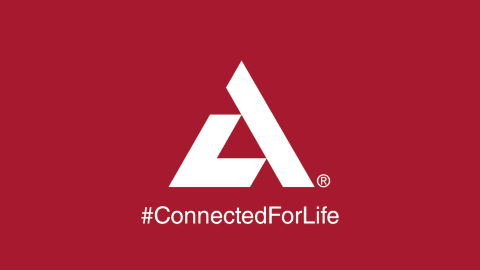The American Diabetes Association® (ADA) has launched new requests for applications (RFAs) for the Fall 2022 Grant Cycle to research and expand the field of knowledge to improve the lives of those living with diabetes. The critical topics for research include supporting the behavioral and mental health of people with diabetes, tackling the epidemic of youth onset type 2 diabetes, and improving the lives of women living with diabetes. Each topic offers multiple award mechanisms including—postdoctoral fellowships, junior faculty development, innovative basic, and innovative clinical or translational science awards.
“We’re looking for impactful projects that can usher in the next generation of scientific breakthroughs and improvements in diabetes care,” said Robert Gabbay, MD, PhD, chief scientific and medical officer for the ADA. “These RFAs directly align with ADA’s mission to cure and prevent diabetes and improve the lives of all people living with diabetes.”
“We are excited to be launching these very timely RFAs and look forward to competitively reviewing and funding the most promising research proposals,” said Marlon Pragnell, PhD, vice president of research at the ADA. “We are following a two-stage process, with the exception of postdoctoral fellowship applications, to facilitate the application process. The first stage will be a relatively short letter of intent. The most promising proposals will then be invited to submit a full application. Please share with your colleagues!”
Brief descriptions of each priority:
Supporting the Psychological and Emotional Needs of People with Diabetes
Solicits proposals to fund translational research to more effectively deliver personalized, patient-centered psychological and emotional care that considers the context of the person with diabetes, as well as their individual values and preferences. Research areas may include, but are not limited to, strategies for improving patient communications and interactions, problem identification, psychosocial screening, diagnostic evaluation, intervention, and intervention scalability. For the purposes of this RFA, research proposals focusing on potential physiological and biological underpinnings of psychological conditions are out of scope.
Tackling the Epidemic of Youth-Onset Type 2 Diabetes
Solicits proposals to address key knowledge gaps in youth-onset type 2 diabetes in order to better understand, prevent, treat, and ultimately induce remission for the rapidly increasing numbers of affected individuals. Applications that focus on disadvantaged lower socioeconomic level families where the burden of disease is greatest are strongly encouraged. Emphasis will be placed on clinical and translational research.
Improving the Lives of Women with Diabetes across the Lifespan
Soliciting proposals for research to better understand clinically important sex and gender differences to optimally inform prevention, diagnosis, and treatment strategies for women across the lifespan and the development of sex-specific clinical guidelines where warranted. While this call is broad in scope and encompasses basic clinical research, significant emphasis will be placed on diabetes clinical research and translation.
For questions or more information, please contact Research Programs at grantquestions@diabetes.org.
# # #
,
About the American Diabetes Association
The American Diabetes Association (ADA) is the nation’s leading voluntary health organization fighting to bend the curve on the diabetes epidemic and help people living with diabetes thrive. For 82 years, the ADA has driven discovery and research to treat, manage, and prevent diabetes while working relentlessly for a cure. Through advocacy, program development, and education we aim to improve the quality of life for the over 133 million Americans living with diabetes or prediabetes. Diabetes has brought us together. What we do next will make us Connected for Life. To learn more or to get involved, visit us at diabetes.org or call 1-800-DIABETES (1-800-342-2383). Join the fight with us on Facebook (American Diabetes Association), Spanish Facebook (Asociación Americana de la Diabetes), LinkedIn (American Diabetes Association), Twitter (@AmDiabetesAssn), and Instagram (@AmDiabetesAssn).

